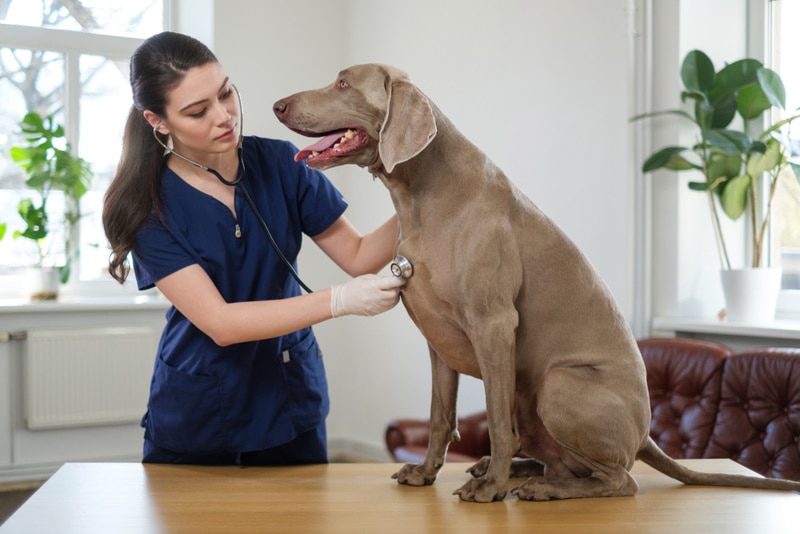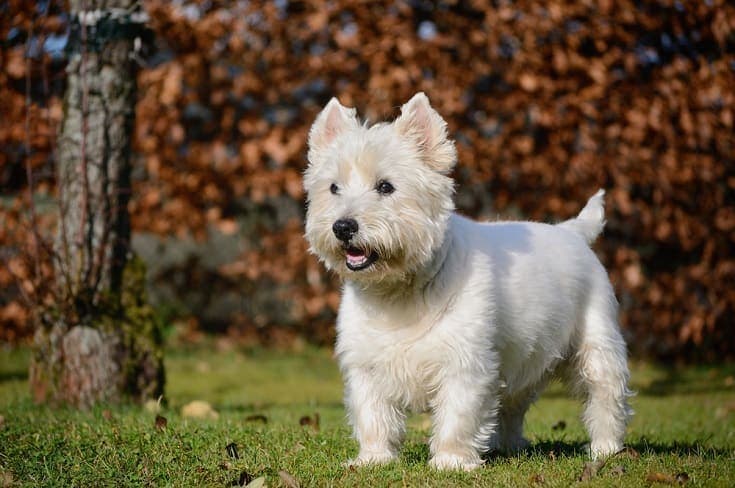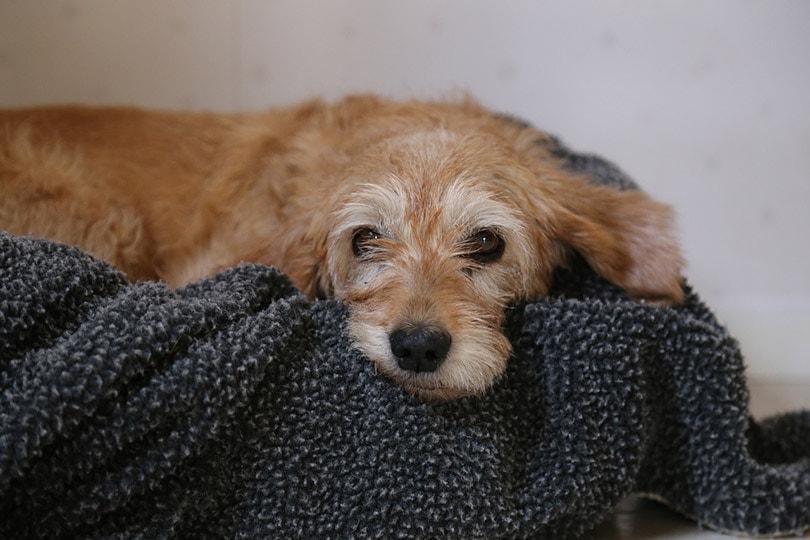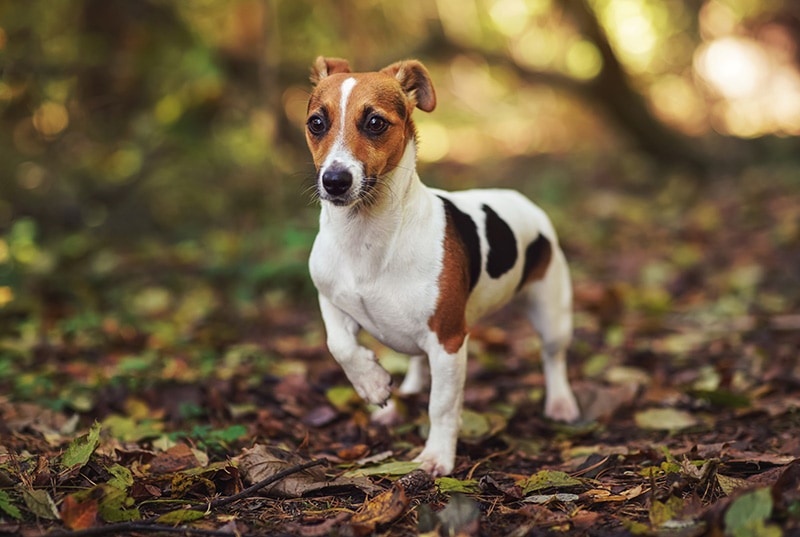Can Dogs Eat Pizza? Vet-Reviewed Nutrition Facts & FAQ

Updated on

Whether you want to share pizza with your dog, or it stole some from the counter, you may be wondering if pizza is safe for your dog. Generally, no, pizza isn’t a good choice as a treat or snack for your dog.
Find out more about why pizza can be unhealthy for your dog and what you need to look out for.
Why Is Pizza Bad for Dogs?
It’s difficult to classify “pizza” as just one food with one set of ingredients. Pizza can range from a classic NY style pie to a doughy Chicago deep dish to gourmet options with all kinds of novel—and potentially toxic—ingredients.
For now, we’ll assume the common variety of pizza with dough, cheese, and tomato sauce with seasoning. Here are some ingredients in pizza that aren’t safe for dogs:
Cheese
Virtually all cheese can be unhealthy for dogs if they eat too much, even low-fat varieties. Cheese often has a lot of fat that can lead to digestive upset with vomiting and diarrhea. In severe cases, the high fat in cheese may trigger pancreatitis, a painful inflammation of the pancreas that can lead to shock or even death. Dogs are also usually lactose intolerant and most cheeses contain lactose.

Tomato Sauce
The tomato sauce on pizza usually uses ripe tomatoes, which are generally safe for dogs when fed occasionally (tomato leaves and stems are not, FYI). Still, tomatoes aren’t the only ingredient in pizza sauce. It also has oil, garlic, salt, sugar, and other ingredients that can cause health problems in your dog.
At the least, regularly eating too much sugar and oil in pizza sauce can cause obesity over time, which puts your dog at risk of heart problems, joint problems, and certain cancers. At worst, one of the ingredients in sauce can be toxic, such as garlic and onions.
Dough
Like tomato sauce, pizza crust or dough can contain ingredients that are dangerous for your dog, such as onions and garlic.
If the dough is raw, however, it’s an emergency. Raw yeast dough can expand in your dog’s stomach, causing breathing difficulties, pain, and stomach bloat. It can also cause your dog to become intoxicated from the ethanol byproduct of yeast and result in ethanol toxicity. Call your veterinarian straight away if your dog has eaten raw yeast dough.

Toppings
There are plenty of pizza toppings that can be dangerous for dogs, including garlic and onion. Meat toppings like pepperoni, sausage, and anchovies are not toxic, but they’re high in salt and fat that can contribute to obesity or exacerbate an underlying health condition.
What Should I Do If My Dog Eats Pizza?
Pizza should be avoided as much as possible, but if your dog eats some, it may not be an emergency. Small amounts of pizza may cause upset stomach or diarrhea, but your dog will probably recover. If you’re concerned, speak to your vet.
On the other hand, if your dog ate a lot of pizza, raw pizza dough, or pizza with a lot of onions or other toxic ingredients, contact your vet or a local emergency clinic to determine next steps. In many toxicity cases, early treatment provides the best possible outcome.

Conclusion
Pizza isn’t a healthy choice for your dog, and sometimes, it can even be dangerous. It’s best to keep pizza out of reach of your dog, especially if it’s uncooked and contains toxic ingredients for dogs and avoid feeding it as a treat.
See Also:
Featured Image Credit: PublicDomainImages, Pixabay











